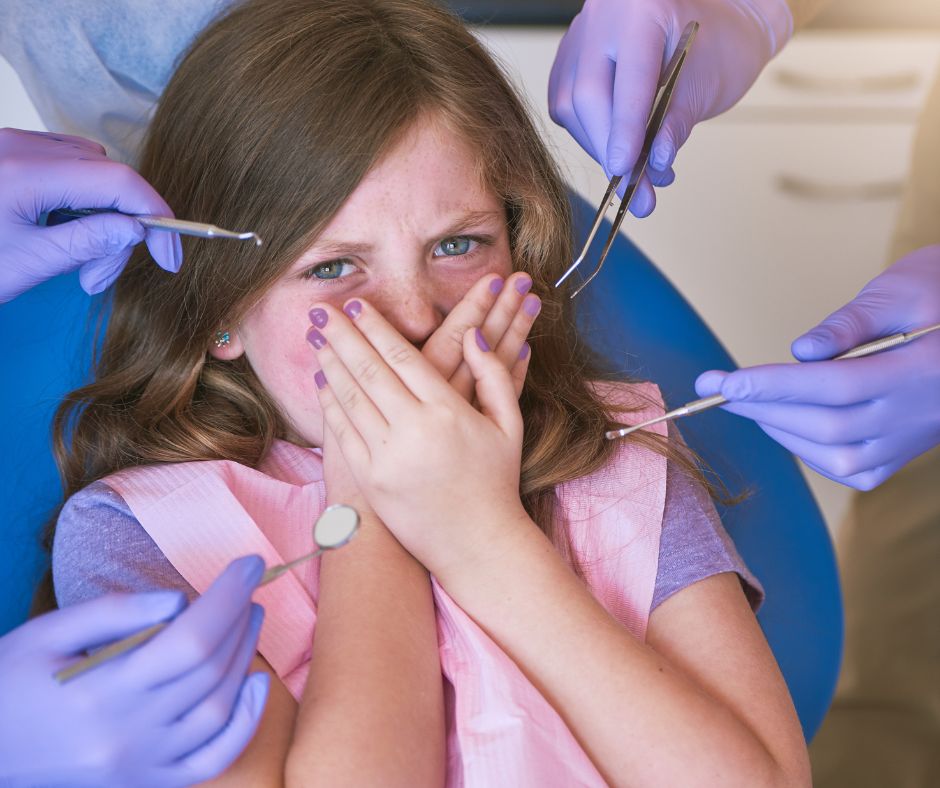How To Curb Dental Anxiety

Dental anxiety can delay the dental treatment or avoid dental appointments altogether
While one can never be too prepared for a dental appointment, counteracting measures to prevent dental anxiety are necessary. In such instances, both the patient and their dentist can feel at ease, making it a smooth journey towards a beautiful smile.
The origin of fear can vary from patient to patient. Hence, it is essential to identify your fears and share them with your dentist or other healthcare professionals.
If you experience dental anxiety or phobia, here are some tips to ensure you maintain your oral health and receive comfortable dental care.
1. Manage Your Breathing
Deep breathing or conscious meditation can do wonders to manage an episode of anxiety. Meanwhile, to calm your nerves, you must regulate your breathing. Fear and anxiety tend to irregulate our breathing patterns resulting in poor oxygen supply to the brain. This can ultimately lead to agitation, dizziness or sometimes even loss of consciousness.
2. A Familiar Face Always Helps
A friendly face is always better than a strange one. Meeting someone new can unintentionally trigger anxiety leading to nervousness. If you plan to visit a dentist, look for someone you already know. In case you need to find someone new, visit them once or twice for initial consultation beforehand; lengthy treatments always come in handy.
3. Be Aware
Being aware of your surroundings helps keep you put in the present situation. Meanwhile, any extra amount of pain during dental treatments is a big ‘NO’. Make sure to inform your dentist if you feel sharp pain during dental treatment.
4. Ask Questions
Knowing everything beforehand can put your mind at ease as the dentist proceeds through the procedure. If the situation allows, ask the dentist to provide you with visual support for the dental treatments. So, you can get a first-hand experience of what is going on in your mouth. Ask your dentist about different treatments and try to gain basic knowledge so you are not alarmed when your dentist pokes and prods around in your mouth.